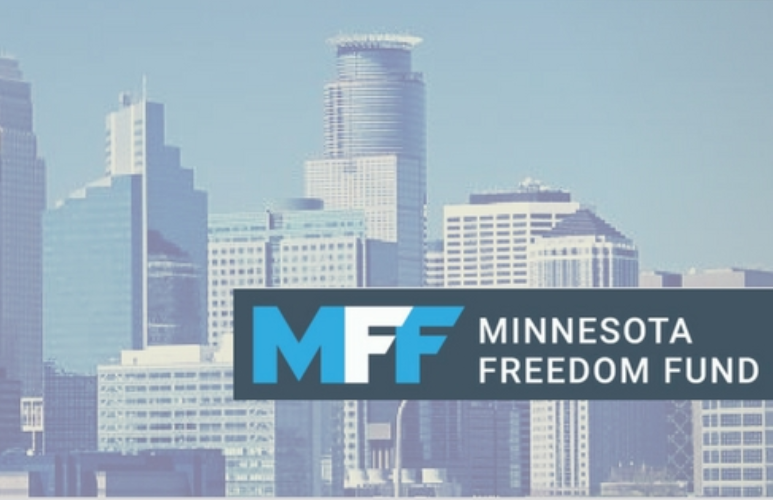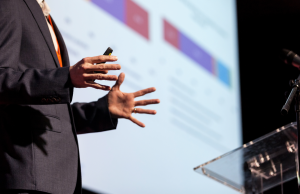The fledgling Minnesota Freedom Fund (MFF) has only been in operation a few years, having incorporated in 2017. Contributions to the nonprofit totaled about $160,000 over the course of 2017 and 2018. Protests that erupted after the death of George Floyd in Minneapolis have sparked civil unrest but also huge visibility for MFF, which has received more than $30 million in donations during the past several weeks.
Bail networks all over the U.S. have been seeing an influx of donations, according to Steve Boland, treasurer of the Minnesota Freedom Fund (MFF) and managing partner of Next In Nonprofits, a St. Paul-based consulting firm.
MFF’s mission is to end cash bail in the State of Minnesota and provide bail relief in the interim. Most donations clearly spurred from recent protests, Boland said, so the highest priority in the short-term will be anyone who needs assistance with that.
The outpouring of support for MFF prompted the organization to ask donors to slow down and support other nonprofits in the region, among them:
- Rebuild Lake Street
- West Broadway Business and Area Coalition
- Friends of HCL (East Lake Library)
- Black Visions Collective
- Reclaim the Block
- Twin Cities Coalition for Justice 4 Jamar
- Northstar Health Collective
Boland estimates that MFF has received some $30 million in donations and counting, from more than 900,000 individual donors, as well as corporate gifts and donations from donor-advised fund (DAF) accounts and via workplace giving portals, like Benevity. MFF also benefited from a chain of donations from an assortment of Hollywood celebrities who matched contributions.
Matched https://t.co/bmeP30vGX4
— Steve Carell (@SteveCarell) May 28, 2020
Most of the individual donations through MFF’s website were processed through PayPal and a fair amount came via GiveMN, a statewide portal that uses MightyCause on the back end, according to Boland. “Getting information back out of those systems, that was an interesting experience,” he said. “We’ve not had a donor management system in the past; we’re in the process of fixing that problem too,” he said.
“More people stuck in jail is not going to solve the problem,” Boland said. “If you have to charge them, release them without bail,” he said. A lot of folks are released without bail being assigned because most are curfew violations and unlawful gatherings, “nothing terribly serious.”
The highest bail in recent protests was $75,000, for a charge of attacking police officers. “That may be. It also may be that they didn’t like this guy and charged him with something to keep him in jail,” Boland said. “You’re accused, you’re not convicted. Until he has his day in court, to face his accuser and evidence shown against them, he shouldn’t be treated differently than those who do have money,” he said.
MFF only hired its first staff position within the past year, with another part-time operations employee starting this month. Volunteers primarily had been doing the bail work while board members were responsible for everything else, from fundraising and thank you notes to grant applications and tax form filings, according to Boland.
The seven-member board has been meeting just about daily to discuss how to prioritize initiatives and how to begin a serious advocacy campaign that we’ve never been able to afford before,” Boland said. MFF wants to “engage the whole of Minnesota in the discussion,” he said. The board is in the process of building a timeline of what that might look like, Boland said, after immediate needs are addressed in the new few weeks.
“We want to build an advocacy campaign right away, involve the people affected and give them training and resources to do the job right,” he said. “A lot of that we have to figure out, we don’t have a timeline on when that work might start.”
Note: The original story has been corrected to note the number of individual donors that contributed $30 million.








